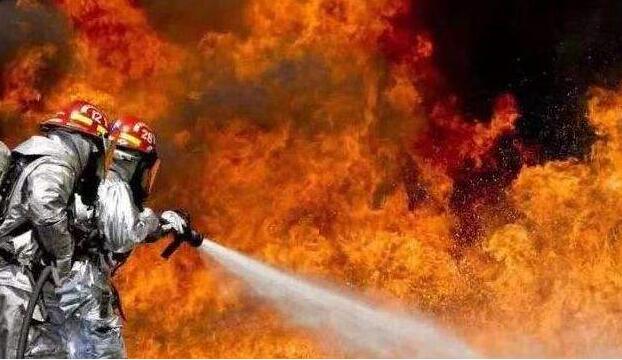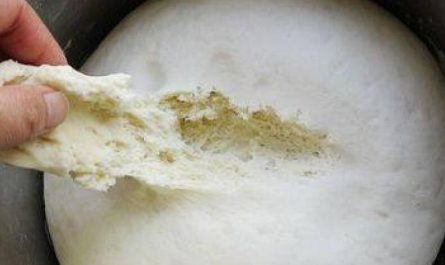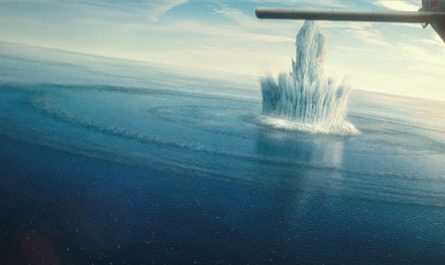People feel too hot, they will quickly wash their faces with cold water or take a cold shower to cool down. Many machines run hot and need to be cooled, and cold water is also used. Because cold water can reduce the temperature of the human body or the surface of an object. Therefore, many people think that if a fire occurs, cold water is definitely better than hot water. What are the facts? The result is just the opposite. Hot water is actually better than cold water. Let’s take a look at the science behind it.
We should know the common sense that the principle of extinguishing fire is: one is to remove combustibles, the other is to reduce the temperature of combustibles below the point of ignition, and the third is to isolate the air. The four basic methods of fire fighting are isolation fire fighting, suffocation fire fighting, cooling fire fighting, and suppression fire fighting.
The content of oxygen in hot water is less than that in cold water, so that combustion-supporting phenomenon is not prone to occur. This is one of the reasons why hot water has a better fire extinguishing effect. Second, if hot water is sprayed on combustibles, not only can it cool down (the temperature of combustibles during a fire is generally several hundred degrees Celsius, even thousands of degrees Celsius, hot water is only tens of degrees Celsius), but also the combustibles The surrounding area is quickly enveloped by thick water vapor, so that the oxygen content around the burning material will be reduced. With less oxygen, the burning speed will naturally decrease, and the fire potential can be controlled in time.
If a large amount of hot water is sprayed on the combustible material, a thick layer of water vapor will be enveloped on the combustible material. The water vapor isolates the external oxygen and acts as a suffocating effect. The fire is easily extinguished.
After reading the principle, we will speak with data. Experiments have proved that if one liter of cold water is sprayed on combustibles, the effective value of the fire extinguishing area is at most 0.1 square meters, but if one liter of hot water is used to extinguish the fire, the effect is equivalent to that of 20-30 liters of cold water. effect. Because the water vapor produced by one liter of hot water can make the water vapor content of 5 cubic meters of air more than 35%, and the oxygen content of less than 14%. Normally, when the oxygen content in the air is less than 17%, the combustion stops. In other words, water vapor isolates the outside oxygen, so no matter how big the fire is, it will go out. On the fire scene where every second counts, the sooner you put out the fire, the more losses you can recover.
Seeing the above data, everyone understands the advantages of hot water extinguishing. In the event of a fire, if the conditions for hot water to extinguish the fire are available, the firefighter’s work can be doubled. However, hot water extinguishing has not yet been promoted. It is worth noting that hot water extinguishing should avoid scalding others, otherwise it will easily cause additional damage.






